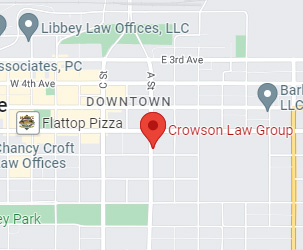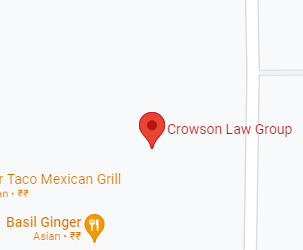Dealing With Incomplete Discharge Instructions

If you have been hospitalized and no longer need any inpatient care, the hospital will discharge you.
When you are being discharged, this is a crucial moment both for you and the hospital. The reason is that you will need the correct discharge information to ensure you don’t have any complications after leaving the hospital.
Unfortunately, patients don’t get the correct discharge information for a smooth transition from hospital to home.
If your doctor sent you home and never gave complete discharge information, and you suffered complications, you may discuss your situation with the best accident lawyers to advise you on what to do.
Receiving Discharge Instructions
In most cases, patients are released without proper medical information and this later causes medical issues. Unfortunately, some patients are not even prepared on how to deal with their condition during recovery. A doctor should ensure that thy send patients with the correct discharge information. A good discharge should include:
- A plan for medical follow up
- Medications after discharge
- Dietary instructions
- Activity orders
A discharge document should give information on how a patient should manage their own care.
Sometimes, patients don’t understand the information. A nurse or any other health care professional should explain such written information to the patient or the patient should surrogate. Where such information is incomplete and the patient is readmitted, then the hospital or the health care who gave such information may be held liable.
There are many reasons why you may be readmitted after an incomplete discharge. These include:
- Medication errors:This is a leading reason why some patients are readmitted. At discharge, the patient or the family members should be given a thorough review of the medication list and any changes if it’s a new medication.
- Failure to explain paperwork:The discharging health care provider should read the discharge summary information with the patient
- No follow-ups:The doctor has to give clear information on any test or diagnostic evaluations to be conducted for any outpatient. He/she should explain any follow-up appointment instructions.
The correct information during discharge can prevent a patient from hospital readmission. It’s critical to the patient’s recovery and their care after discharge
Can Incomplete Discharge Information Lead To A Medical Malpractice?
Occasionally, some doctors have not time to explain to patients about their self-care after discharge. If your doctor gave you an incomplete discharge, you acted upon it and later developed complications that led you to be readmitted; this could amount to medical malpractice.
In such a case, you need to look for an experienced medical malpractice lawyer who can evaluate your situation to determine whether you have a valid case. For you to win, you must prove that you were harmed by your doctor’s inactions and this led to your injuries. Your lawyer has to demonstrate that your doctor has a duty of care but breached it and this led to your injuries.
Every hospital has to have best practices at admission and discharge. Giving correct information to patients ensure a safe hospital departure and a successful recovery. When the right action is not taken and injuries occur, the patient in question should take legal action against the liable parties.


